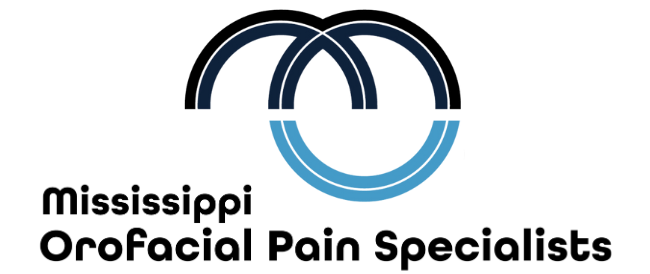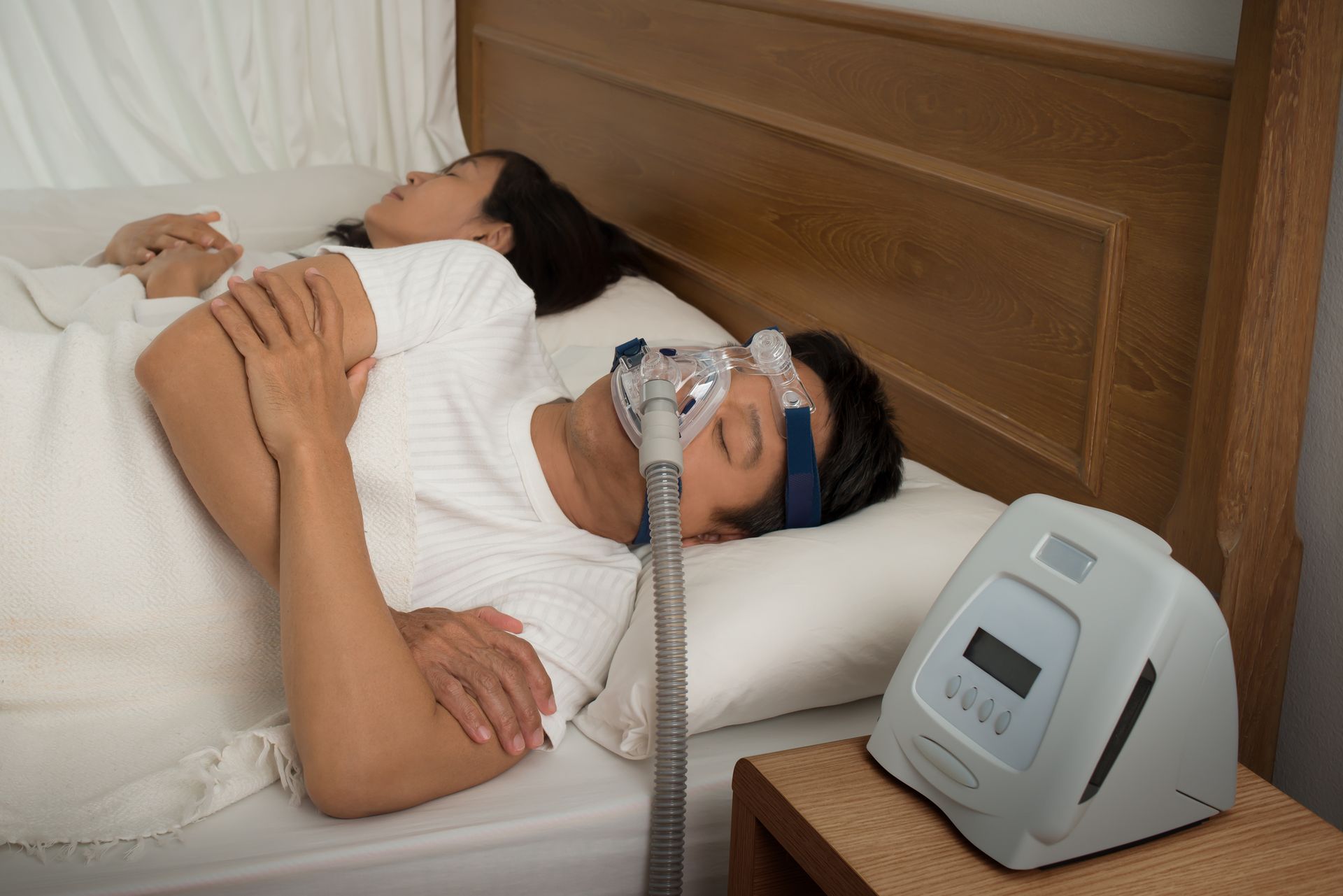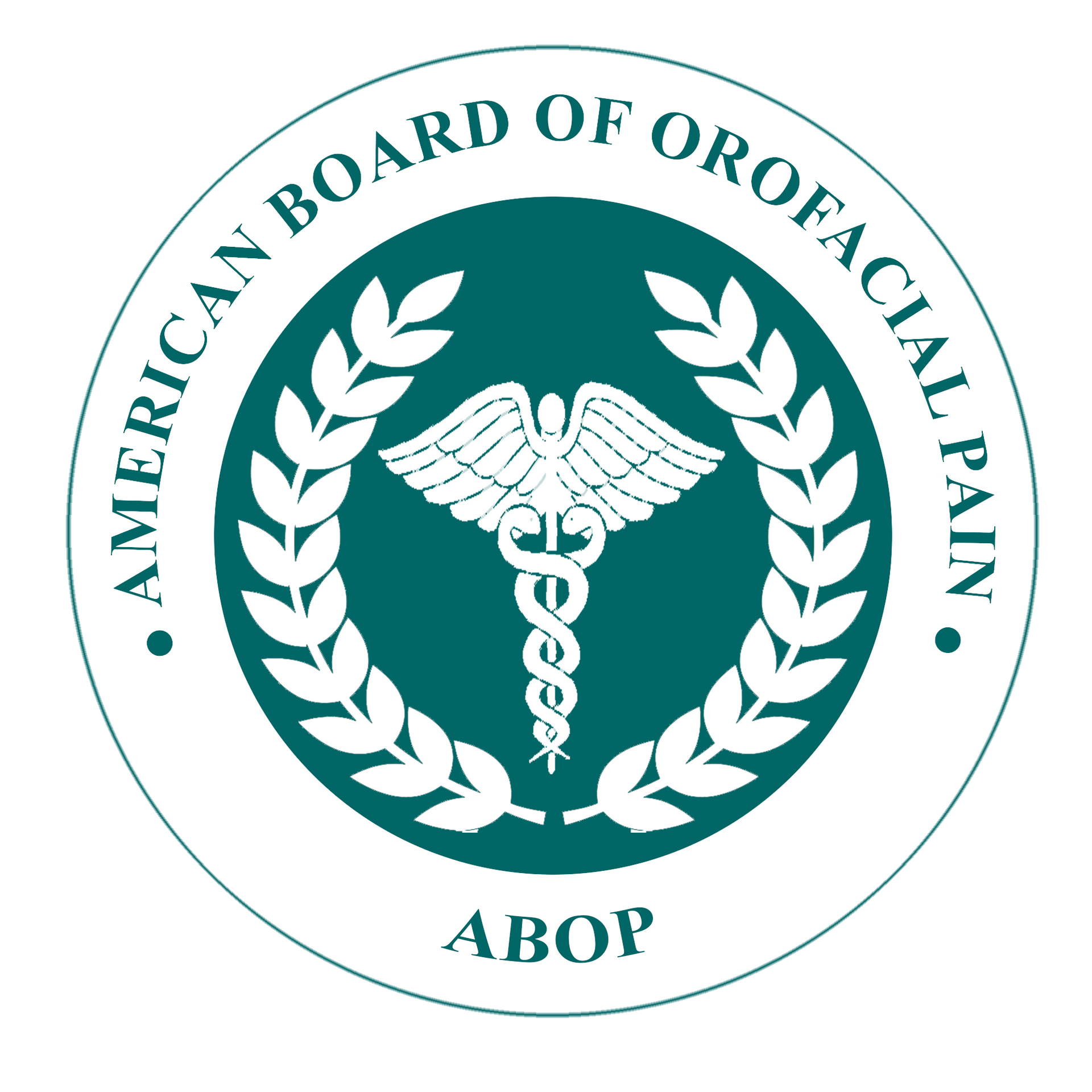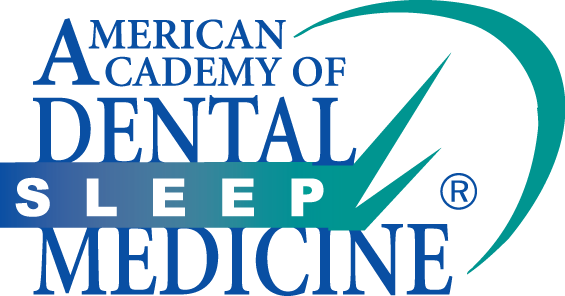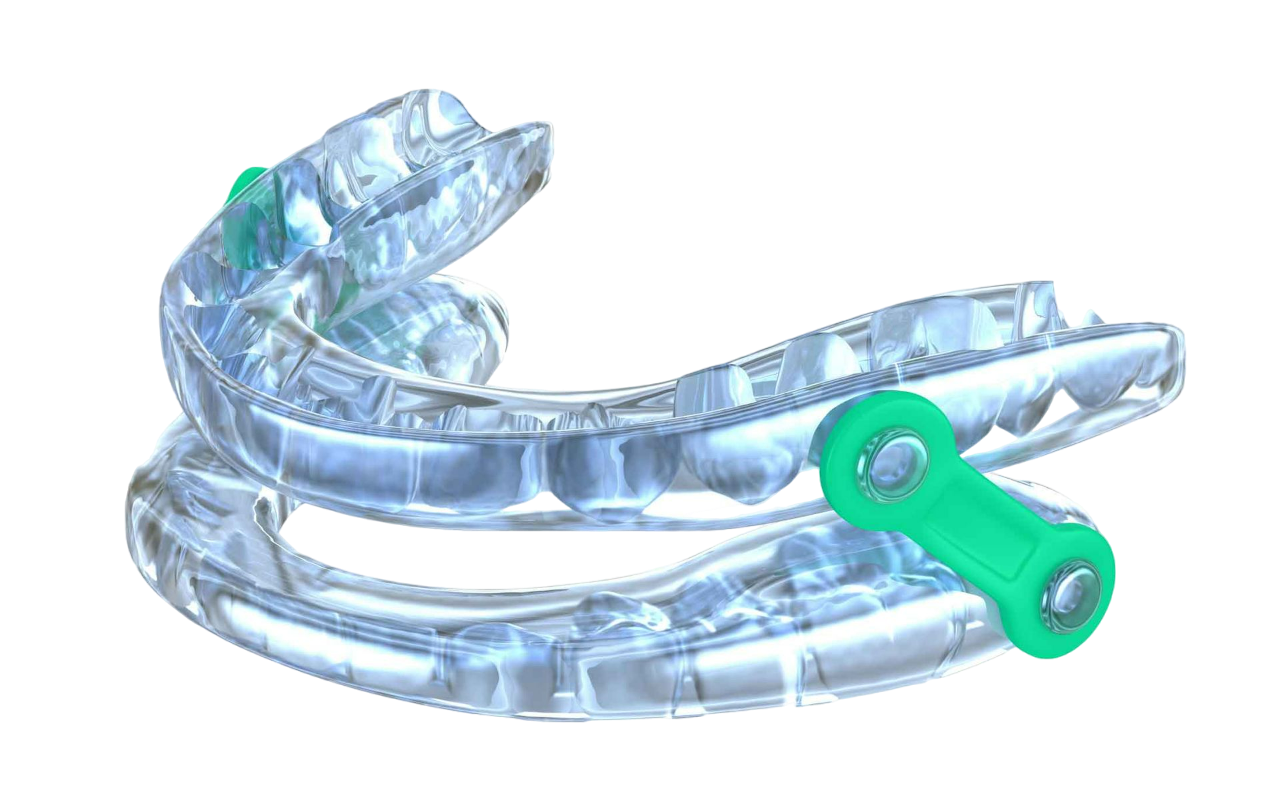
Oral Appliance Treatment
The oral appliance for treating obstructive sleep apnea is a custom-made intraoral device easily placed in the mouth at bedtime. It fits comfortably in the mouth, much like the fit of an athletic mouthguard. This device maintains an open airway by propping the lower jaw slightly forward during sleep. The oral appliance is more easily tolerated than the CPAP by most patients, and it has medical and dental approval for treating mild to moderate obstructive sleep apnea.
Advantages of Oral Appliances Versus CPAP Therapy
Oral appliances offer distinct benefits compared to traditional CPAP machines. Key advantages include:
- Compact Size
- No Bulky or Noisy Equipment
- Sleep Comfortably in Various Positions
- Discreet and Quiet Operation
- Natural Airflow Enhancement
- Simple to Clean and Maintain
- Enhanced Comfort During Wear
- Cost-Effective Alternative to CPAP therapy
If snoring or CPAP noise is disturbing your sleep partner, family, or roommates, they'll appreciate the switch to an oral appliance. Many patients notice significant improvements from the very first night of use.
